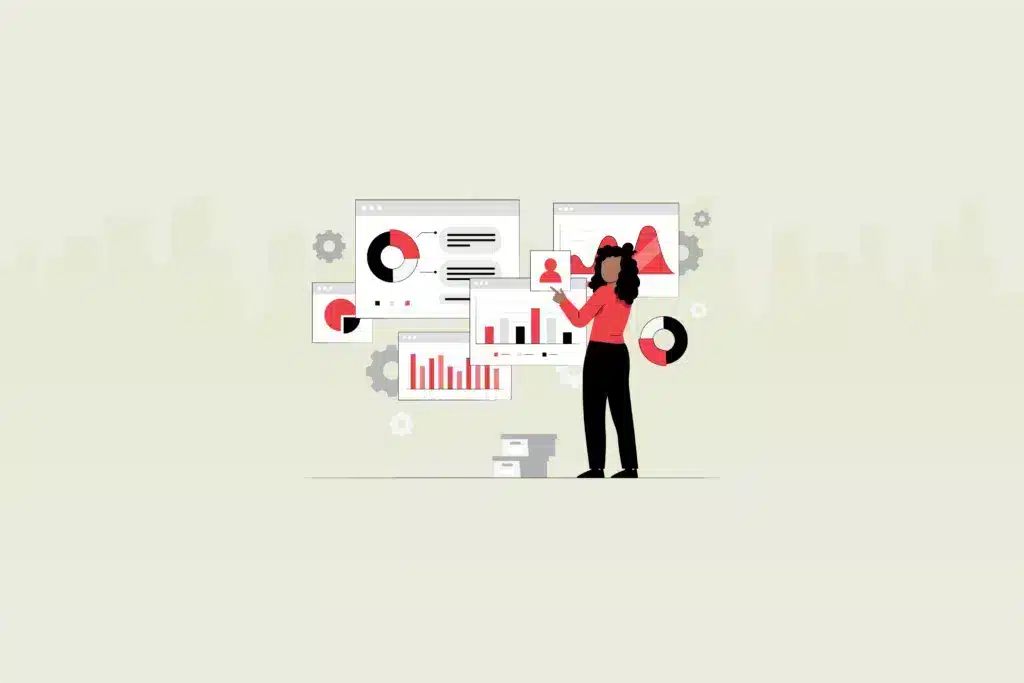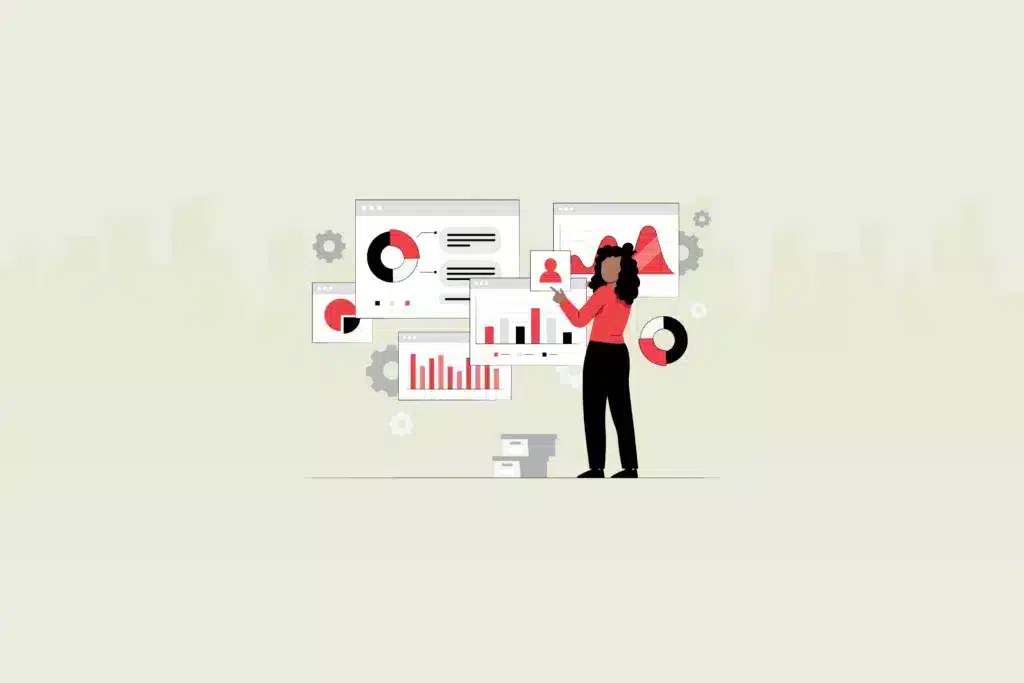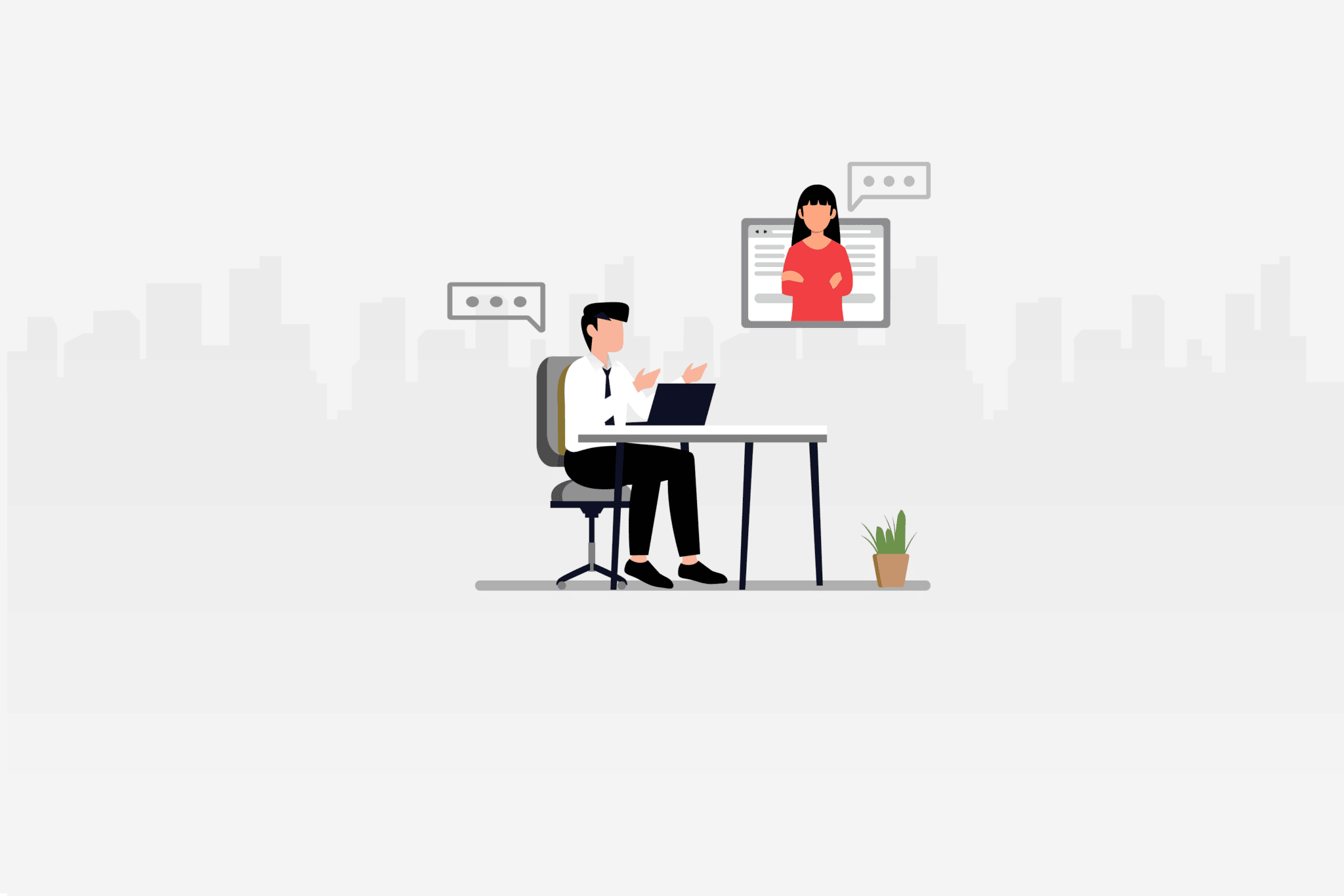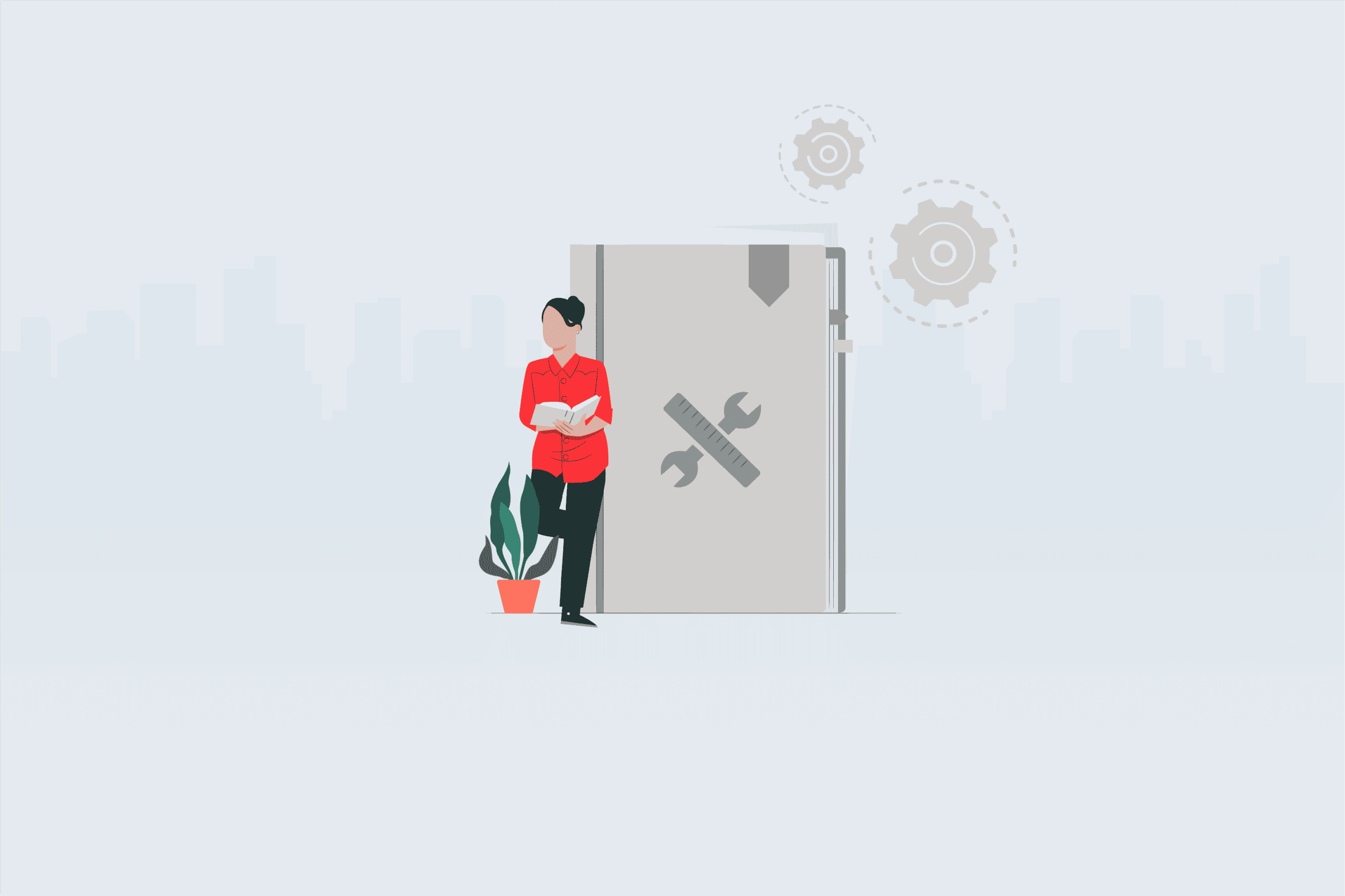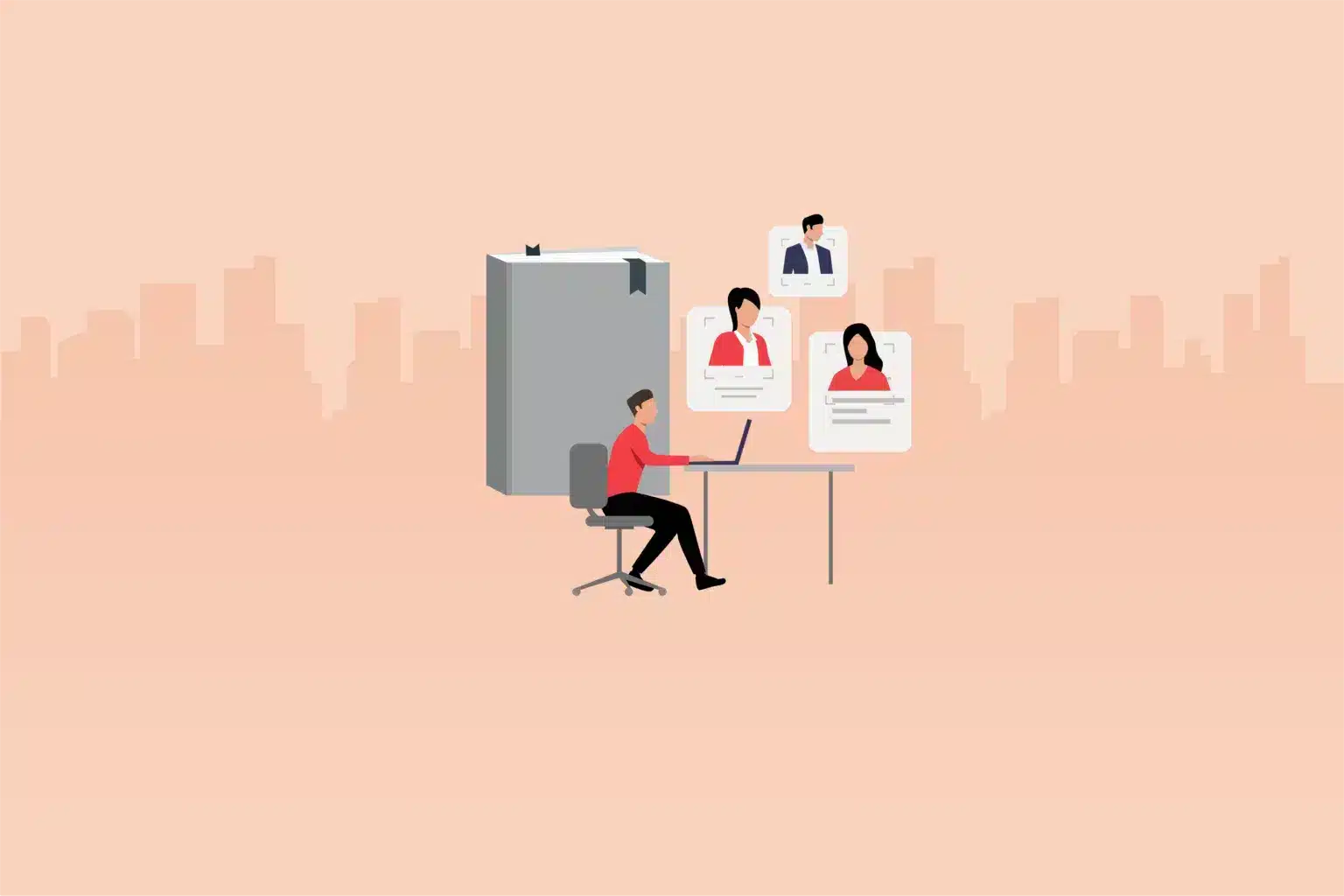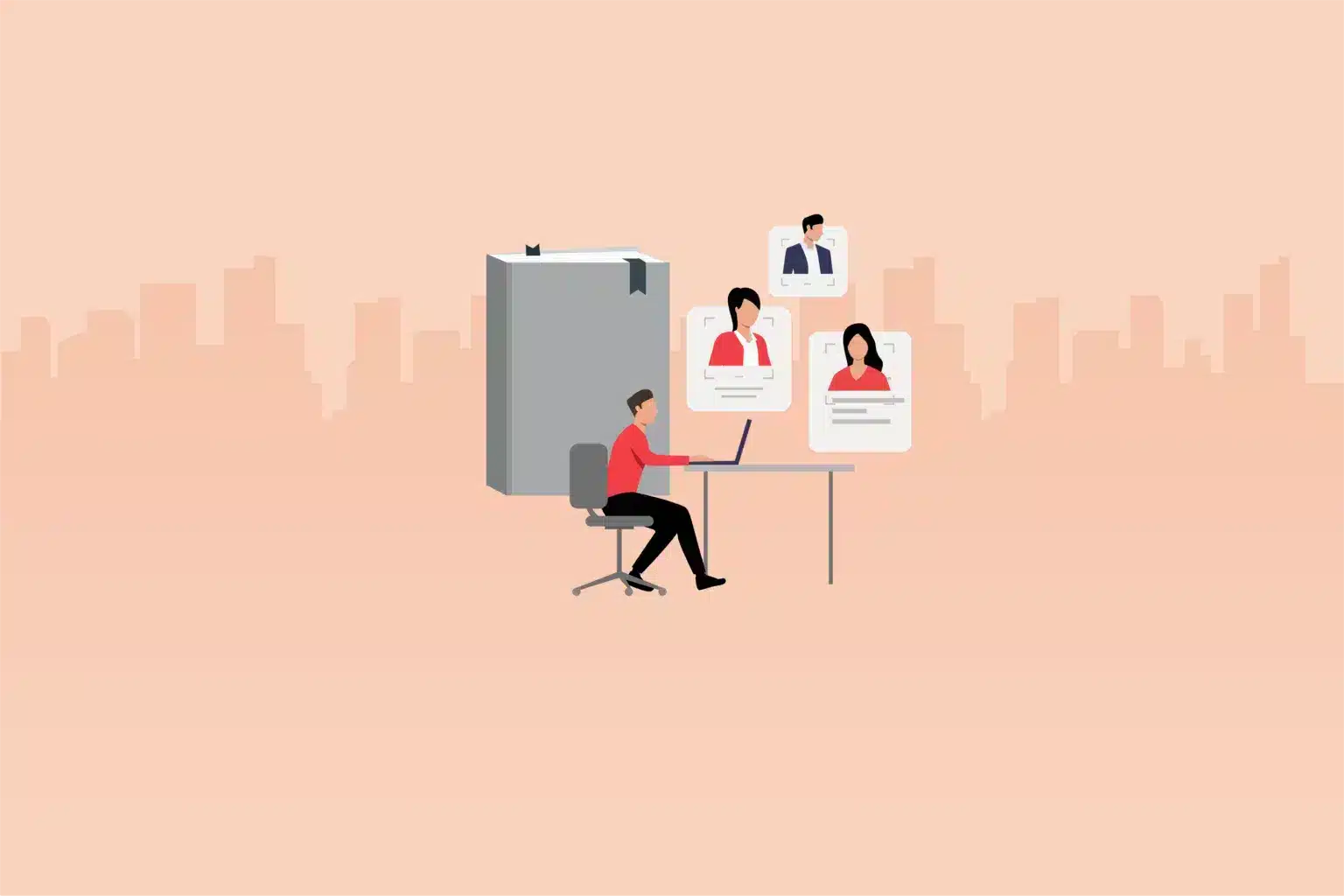In the dynamic landscape of the modern world, the concept of work is undergoing a remarkable transformation. Technological advancements, shifting societal norms, and unprecedented global events have collectively given rise to the “future of work.” This future is characterized by remote collaborations, agile structures, and a heavy reliance on digital technologies. As organizations navigate this new terrain, the need for strategic and adaptive organizational development has become paramount. To thrive in this ever-evolving environment, businesses must embrace change, foster innovation, and reshape their traditional approaches.
Future-oriented organizations that embrace innovative organizational development practices are 72% more likely to successfully navigate disruptions in the workplace, according to a report by the World Economic Forum.
In this blog, we delve into the key considerations and strategies for effective organizational development in the context of the future of work.
Understanding the future of work
The concept of work is undergoing a profound evolution, driven by technological advancements, changing social dynamics, and the demands of a globally interconnected world. This shift has given birth to the “future of work,” a concept that redefines traditional notions of employment, workplace structures, and employee expectations. At its core, the future of work embodies a departure from the conventional 9-to-5 routine and a move towards a more flexible, dynamic, and digital work environment.
The future of work encompasses several key aspects. Remote work and flexible arrangements have become the norm rather than the exception, as technology enables individuals to collaborate seamlessly across geographical boundaries. Automation, artificial intelligence, and machine learning are reshaping job roles, offering efficiency gains and new opportunities while also demanding a reevaluation of skill sets. The agility to adapt to rapid changes is paramount, as businesses face a landscape where innovation is no longer an option but a necessity for survival.
To thrive in this new era, organizations must cultivate a culture that encourages innovation and embraces change. The traditional hierarchical structures are making way for more fluid, decentralized setups that empower employees at all levels to contribute their unique insights. The future of work calls for a paradigm shift in how we approach employment, learning, and professional growth. By understanding and embracing these shifts, organizations can harness the power of transformation and innovation to remain competitive and relevant in the ever-evolving world of work.
Adapting organizational structure and culture

In the era of the future of work, the concept of organizational structure and culture is undergoing a significant metamorphosis. The traditional, rigid hierarchies that once defined workplaces are giving way to more fluid and adaptive structures. This transition is fueled by the recognition that agility and innovation are crucial components for thriving in an ever-changing business landscape.
Organizations are embracing flatter structures that foster open communication and empower employees to take ownership of their work. By eliminating layers of bureaucracy, decisions can be made more swiftly, and ideas can flow freely, encouraging collaboration across departments. This shift not only accelerates innovation but also enhances employee engagement and job satisfaction.
Alongside structural changes, there’s a growing emphasis on cultivating a culture of continuous learning. As technology evolves and job roles transform, the ability to learn and adapt becomes a competitive advantage. Organizations are creating environments that encourage employees to expand their skill sets, explore new domains, and stay up-to-date with the latest industry trends. This culture of learning is essential not only for individual growth but also for the organization’s overall resilience.
Furthermore, the future of work is marked by a commitment to diversity, equity, and inclusion. Companies recognize the importance of fostering a workforce that represents a range of backgrounds, perspectives, and experiences. Inclusive cultures not only attract top talent but also drive creativity and innovation through the blending of varied viewpoints.
As organizations adapt their structures and nurture cultures that align with the future of work, they position themselves to not only survive but thrive in an environment that demands flexibility, innovation, and a steadfast commitment to growth.
Flexible work arrangements and remote Work
The rise of the future of work has ushered in a new era of work arrangements, with flexibility and remote work taking center stage. Traditional office-bound routines are being reimagined as organizations acknowledge the benefits of allowing employees to work from various locations while maintaining a sense of connectivity.
The hybrid work model, a hallmark of this era, offers employees the freedom to balance their professional and personal lives. This arrangement acknowledges that productivity is not tethered to a specific physical location, enabling employees to choose where they work best – whether at home, a co-working space, or a traditional office. This autonomy fosters a sense of ownership over one’s work and promotes a healthier work-life balance.
However, this shift comes with challenges. Maintaining strong communication and collaboration in a geographically dispersed workforce requires intentional efforts. Organizations are exploring innovative digital tools to bridge the gap and ensure that teams remain connected, sharing ideas, updates, and feedback seamlessly. Striking the right balance between remote work and in-person interactions is crucial to sustaining a cohesive team dynamic and preserving a company’s culture.
The future of work heralds an era where work is no longer confined to a cubicle, but rather a dynamic blend of environments that cater to individual preferences and the demands of the task at hand. By embracing flexible work arrangements and harnessing the potential of remote work, organizations can unlock enhanced productivity, happier employees, and a forward-looking approach to the evolving nature of work.
Embracing technology and digital transformation
In the age of the future of work, technology stands as a driving force propelling organizations toward greater efficiency, innovation, and connectivity. The fusion of technological advancements and digital transformation is reshaping industries, disrupting conventional business models, and opening doors to previously unimagined possibilities.
Organizations are recognizing that integrating technology isn’t just a choice but a necessity to remain competitive. Automation streamlines repetitive tasks, freeing up human resources for more strategic and creative endeavors. Artificial intelligence and machine learning offer data-driven insights that inform decision-making, enhance customer experiences, and optimize operations. Cloud computing enables flexible and scalable infrastructures, facilitating seamless remote collaborations.
The digital transformation journey, however, extends beyond the implementation of tools. It involves a shift in mindset and a commitment to fostering digital literacy among employees. From basic digital skills to more specialized proficiencies, organizations must invest in upskilling to ensure everyone can harness the full potential of technology.
As technology continues to evolve, the future of work demands not just an embrace but a mastery of digital tools. Organizations that position themselves as pioneers in this new frontier are better equipped to navigate the challenges and opportunities that arise. By championing technology and digital transformation, businesses can unlock unprecedented levels of efficiency, innovation, and adaptability, solidifying their place in the vanguard of the evolving work landscape.
Reskilling and upskilling the workforce

The evolution of work in the modern era necessitates a workforce equipped with a diverse array of skills that can adapt to changing demands. Reskilling and upskilling have emerged as essential strategies to ensure employees remain relevant and agile in the face of technological advancements and evolving job roles.
The concept of reskilling involves teaching employees new skills that align with the changing requirements of their roles or industry. This approach enables individuals to transition smoothly into new functions, thereby future-proofing their careers. Upskilling, on the other hand, focuses on enhancing existing skill sets, equipping employees with advanced capabilities that allow them to take on more complex and strategic responsibilities.
The future of work requires organizations to be proactive in identifying skill gaps and designing targeted reskilling and upskilling programs. This involves collaboration between employers and employees to map out career trajectories and provide learning opportunities that align with the organization’s goals and the individual’s aspirations. A culture of continuous learning is cultivated, allowing employees to stay engaged, motivated, and equipped to tackle emerging challenges.
Reskilling and upskilling are investments that not only benefit individual career paths but also bolster organizational resilience and competitiveness. By nurturing a workforce that is adaptable, versatile, and constantly growing, organizations can confidently navigate the shifting landscape of work, harness new opportunities, and remain at the forefront of innovation.
Fostering Adaptive Leadership
In the landscape of the future of work, change is not an occasional disruption but a constant companion. To navigate this dynamic environment, organizations require leaders who possess the skills to guide their teams through uncertainty, foster resilience, and inspire innovation. Adaptive leadership has emerged as a crucial framework for steering organizations in this era of perpetual transformation.
Adaptive leaders understand that traditional command-and-control approaches no longer suffice. Instead, they prioritize collaboration, open communication, and empowerment. They create a shared vision that aligns with the organization’s goals and values, motivating employees to work towards a common purpose. These leaders acknowledge that mistakes are part of the learning process and encourage experimentation, fostering a culture where risk-taking is seen as an avenue for growth.
Change management strategies are at the core of adaptive leadership. These strategies involve clear communication of changes, empathetic understanding of employee concerns, and the provision of necessary resources for a smooth transition. By involving employees in decision-making and addressing their needs, adaptive leaders create a sense of ownership and commitment to the transformation journey.
In the realm of the future of work, leadership isn’t about maintaining stability but about embracing change as a catalyst for progress. Organizations with adaptive leaders are better poised to tackle challenges, seize opportunities, and guide their teams through the ever-evolving landscape, ensuring not just survival but thriving in the face of constant change.
Conclusion
As the future of work unfolds before us, the only constant is change. Organizations that recognize this truth and proactively invest in their own evolution are the ones that will remain resilient and competitive. The journey toward embracing the future of work demands a holistic approach that encompasses not only structural adjustments but also a profound shift in cultural mindset. By reimagining hierarchies, prioritizing continuous learning, and fostering an environment of inclusivity, organizations can lay the groundwork for success in this new era.
In closing, the path forward may be uncertain, but the principles of adaptability, innovation, and empowerment will guide us through. The future of work is not a distant horizon – it’s the reality we must embrace today. By embarking on the journey of organizational development with foresight and intention, businesses can navigate the complexities of the modern world, shape their destinies, and cultivate workplaces that are not just prepared for the future, but actively shaping it.
Testlify offers a range of assessments and challenges that allow you to gauge candidates’ knowledge, problem-solving skills, and creativity in real-world scenarios. With our extensive test library, you can objectively evaluate candidates’ abilities, ensuring you shortlist the most talented individuals efficiently. Ready to unlock the potential of your hiring process with our talent assessment tool? Book a free 30-minute live demo with Testlify. Our expert team will guide you through the platform, showcasing relevant skill tests tailored to your organization’s needs. With our support, you can streamline candidate selection, saving valuable time and resources.
